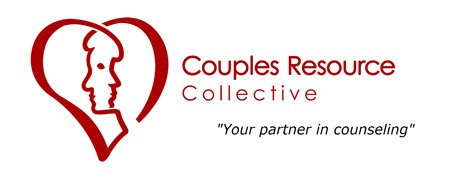Information on Abuse
Abuse is any threat, act or physical force that is used to create fear, control or intimidate.
Abuse is about maintained power and control. An abuser may choose to use intimidation, isolation, humiliation, blame or physical violence to make you go along with something/everything they say or do. Despite what many people believe, domestic violence and abuse is not due to the abuser’s loss of control over their behavior. In fact, abusive behavior and violence is a deliberate choice made by the abuser in order to control you.
Abuse takes many forms.
It can be physical, psychological, emotional, sexual, and financial.
Violence against women in intimate relationships – Battering
- is a systematic pattern of domination
- where the abuser uses abusive tactics to maintain power and control over the woman
- where these tactics can escalate over time
- where the woman alters her behavior in an attempt to stop the abuse
What is Emotional Abuse?
Emotional abuse can be described as a tactic of power of control where the abuser uses words and actions that make the victim feel “bad” about themself or feel like they are going “crazy” (also known as “gaslighting”).
Adult Survivors of Childhood Sexual Abuse
What Is Sexual Abuse?
Sexual abuse represents any kind of sexual contact between an adult or older teen and a child. This behavior is used to gain power over the child and often involves a betrayal of the child’s trust.
There are many types of sexual abuse, some include physical contact or touching offenses. This includes fondling, touching sexual organs, masturbation, making the child touch the adult sexually, and vaginal or anal penetration with self or objects. Non touching offenses include exposing a child to pornographic material, indecent exposure, leering and deliberately putting the child in the position of having to witness an act of sexual intercourse.
Rape – Sexual Assault
Rape is forced, unwanted sexual intercourse. Rape, sometimes also called sexual assault, can happen to people of any age. A stranger can perpetrate a rape but most sexual assault is committed by someone the victim knows.
Rape is about power, not sex. A rapist uses actual force or violence — or the threat of it — to take control over another human being. Some rapists use drugs to take away a person’s ability to fight back. Rape is a crime, whether the person committing it is a stranger, a date, an acquaintance, or a family member.
No matter how it happened, rape is frightening and traumatizing. People who have been raped need care, comfort, and a way to heal.
What Should I Do?
What’s the right thing to do if you’ve been raped? Take care of yourself in the best way for you. For some people, that means reporting the crime immediately and fighting to see the rapist brought to justice. For others it means seeking medical or emotional care without reporting the rape as a crime. Every person is different.
There are three things that everyone who has been raped should do, though:
- Know that the rape wasn’t your fault.
- Seek medical care.
- Deal with your feelings.
It’s Not Your Fault
Whatever happened, it wasn’t your fault. No one has the right to have sex with you against your will. The blame for a rape lies solely with the rapist.
Sometimes a rapist will try to exert even more power by making the person who’s been raped feel like it was actually his or her fault. A rapist may say stuff like, “You asked for it” or “You wanted it.” This is just another way for the rapist to take control. The truth is that what a person wears, what a person says, or how a person acts is never a justification for rape.
Most people who are raped know their rapists. That can sometimes lead the person who’s been raped to try to protect the perpetrator. Make protecting yourself your priority; don’t worry about protecting the person who raped you. If you want to report the crime, do so. If you don’t feel comfortable reporting it, though, you don’t have to. Do whatever helps you feel safe and heal — without blaming yourself.

